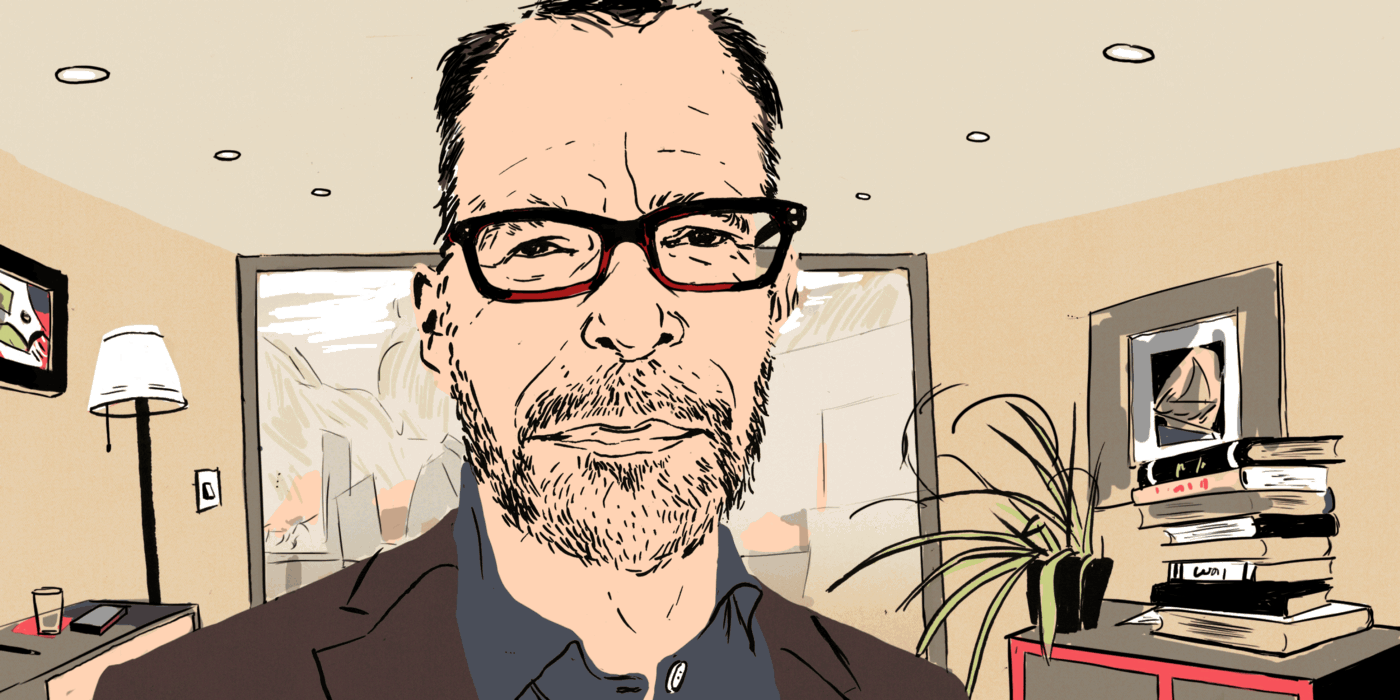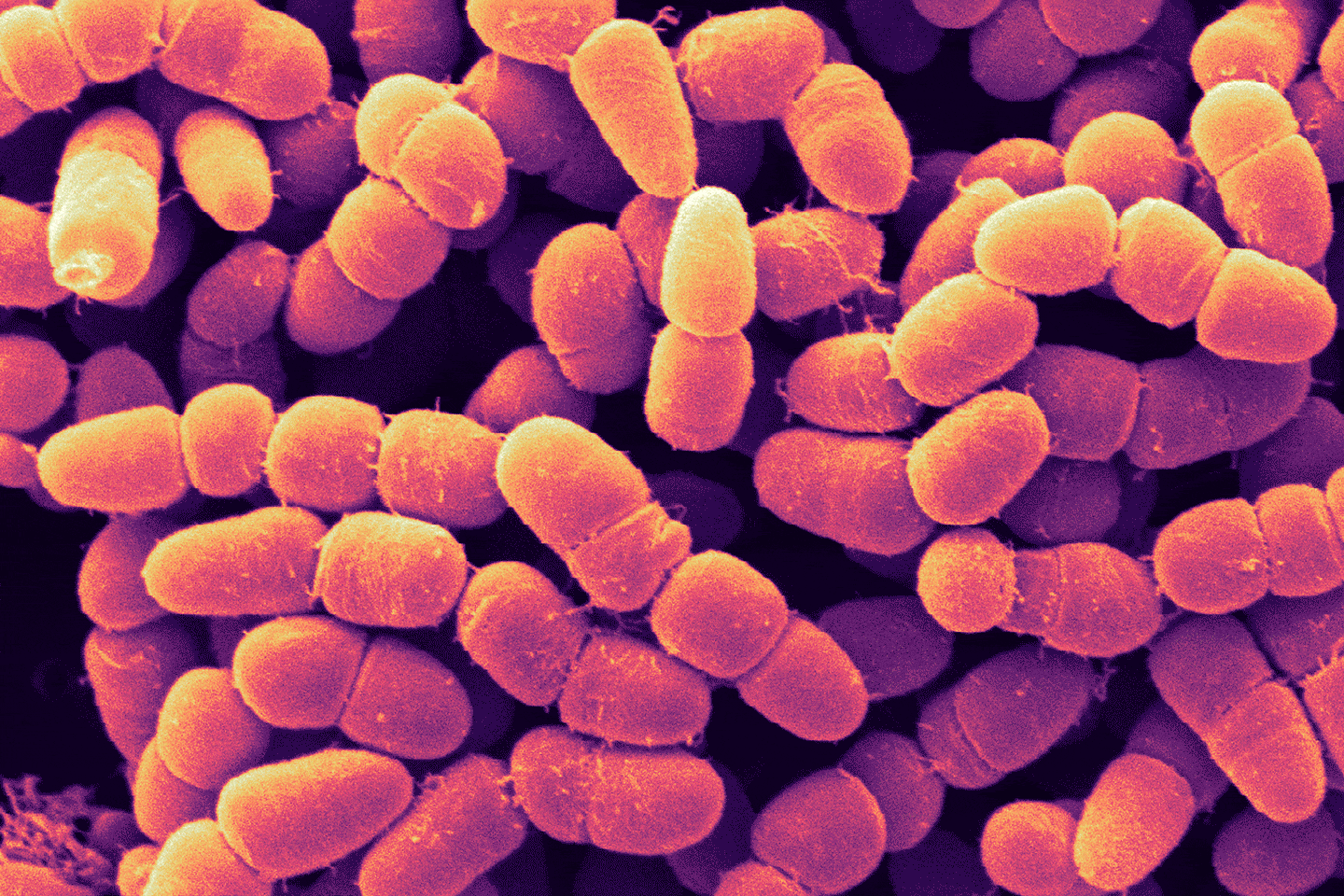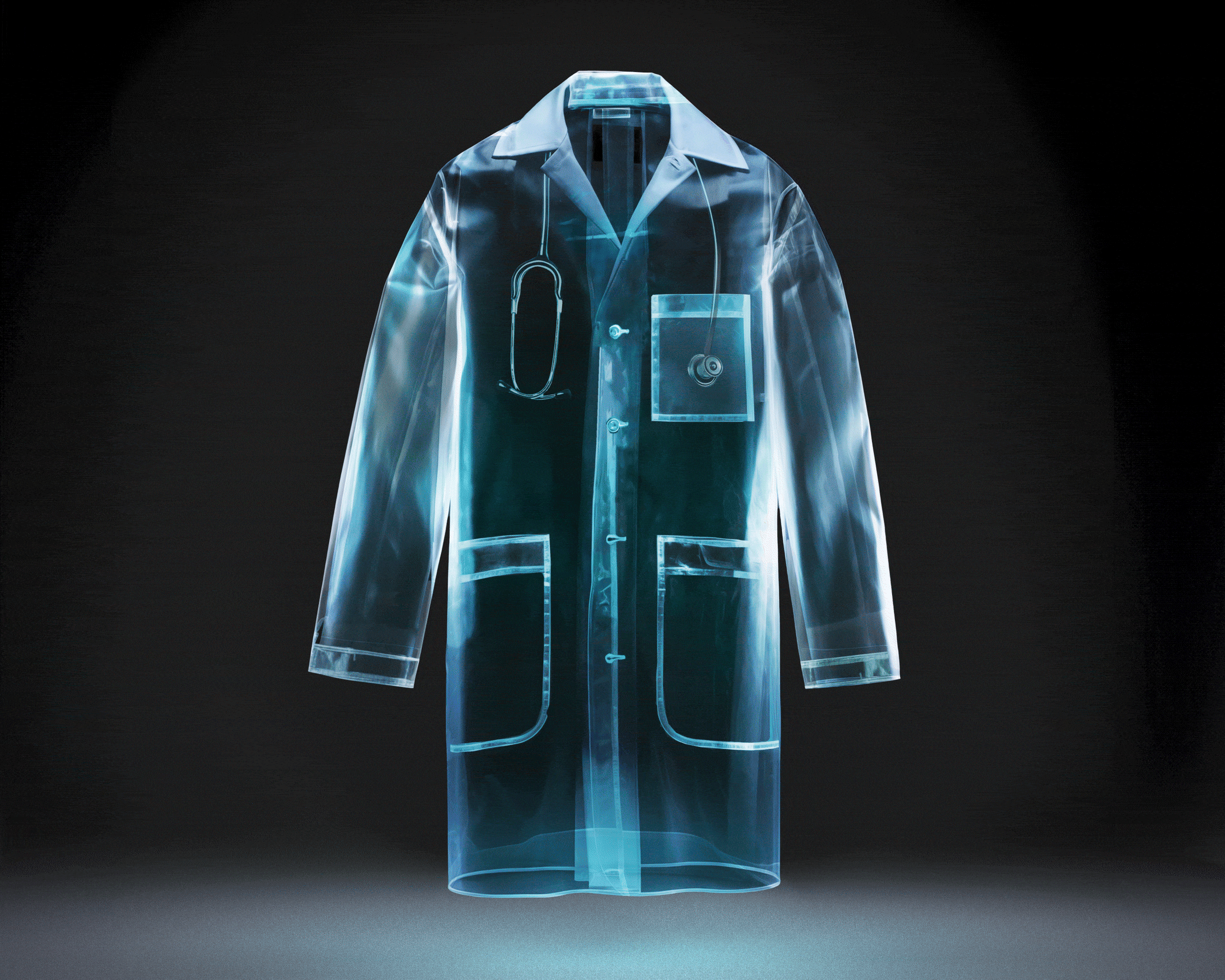Stanford bioengineer Drew Endy doesn’t mind bringing dragons to life. What really scares him are humans.
Drew Endy almost can’t talk fast enough to convey everything he has to say. It’s a wonderfully complex message filled with nuance, a kind of intricate puzzle box being built by a pioneer of synthetic biology who wants to fundamentally rejigger the living world.
Endy heads a research team at Stanford that is, as he puts it, building genetically encoded computers and redesigning genomes. What that means: he’s trying to engineer life forms to do useful things. Just about anything could come out of this toolkit: new foods, new materials, new medicines. So you are unlikely to find anyone who is more optimistic than he is about the potential for synthetic biology to solve big problems.
That’s what makes Endy so compelling when he worries about how the technology is being developed. Perhaps more than anyone else working in synthetic biology, Endy has tried to hold the community to account.
In 2016, he and Northwestern University bioethicist Laurie Zoloth criticized a fledgling global effort called Genome Project-write, or GP-write, whose goal is to redesign gene systems and entire genomes in various organisms, including humans. Endy and Zoloth castigated the group for holding their first meeting behind closed doors. They suggested that scientists needed to be as transparent as possible when discussing the possibility of writing and engineering human genomes.
Organizers of the 2016 GP-write meeting, including Harvard’s George Church and geneticist Andrew Hessel, then with Autodesk, insisted that they held the 2016 meeting in private only because they were about to publish a paper in Science magazine, which does not allow advance publicity for its articles. The group’s next meeting, in 2017, was open. Nevertheless, as Endy told me recently, the project still makes him nervous.
Endy first became known in synthetic biology for a Ph.D. project at Dartmouth in 1997. He set out to understand a virus called T7 by taking it apart, redesigning it on a computer, and then reassembling it in a lab. Incredibly, his reengineered virus still behaved like a virus.
Soon after, Endy became a professor at MIT, where he worked with computer scientist Tom Knight and others to develop the concept of biobricks — standardized biological parts that can be programmed to work in living systems, something like circuits and logic gates work in computers. Endy is also one of the founders of the Registry of Standard Biological Parts, a kind of standardized inventory used in synthetic biology that includes bits of DNA, plasmids, protein-coding sequences, and much more.
I spoke to Endy in his airy, high-ceilinged lab at Stanford about why he does this work and what troubles him. This interview has been edited for length and clarity.
What are you doing, fundamentally?
I am coming from a perspective of modeling of natural biological systems; what has become known as systems biology. You start with natural biological systems, but then you realize that evolution isn’t selecting for things that are easy for scientists to understand and interact with, that always do what we wish. So, we want to make modellable biological systems that we understand and can use as engineers, to rebuild the living world to make it modellable — something I wrote about in Nature in 2005.
You’re one of those engineers who see organisms that were designed by nature over the last three and a half billion years as full of crazy redundant systems.
Yes, nature is full of interesting architectures that we don’t understand. It may be really important, or not, we don’t always know. Let’s say I want to change something genetically to have a certain effect, but then you get something unintended. It’s like I’m driving my car and I want to adjust the volume on the stereo, and the steering wheel moves a little bit when I change the volume knob. It’s craziness. There’s a lot of potential reasons why this architecture could be here. And so our naive engineering mindset is, let’s decompress this, and [make it possible to build it out of individual parts.] For the Nature paper, we tried all of this in bacteria. We were able to redesign things, and to basically make it work.
But do we know enough to really understand what the implications of these things would be?
Well, there’s one way to find out, and that’s by trying. You’re talking to someone who is a massive proponent of building genomes. All the way up to humans and beyond; I’d like to be building dragon genomes.
Building dragon genomes sounds expensive.
It’s getting less so. In 2003, when I started teaching, the cost of building DNA was $4 a [genetic] letter. Today the list price is about seven cents, although I’m paying way less than that. The price of building genes has dropped a hundred-fold, four bucks to four cents.
I have to imagine that one day we’ll be routinely building human genomes for any purpose that anyone can advocate for. Not right now, but soon.
“I wish for humanity to transition from living on Earth to living with the Earth by the time that we’re synthesizing human genomes routinely.”
Yet you have been critical of one effort to synthesize a human genome, the so-called Human Genome Project-write or GP-write.
I co-wrote a letter after the first GP-write meeting in 2016 because I didn’t like that the meeting was closed to the media, that this was kind of a secret meeting. I believe in full transparency, and here you’re talking about writing human genomes. But it would be a mistake to misrepresent me as a critic of the doing of it. I guess if you wanted to represent things faithfully, I will advocate for better DNA synthesis and people building genomes as long as I have breath. But I will say that I would prefer for some other things to come true in our society before we do this, which was also the point of the letter.
Such as?
There are two main things for me. They are kind of broad, but hear me out. I wish for humanity to transition from living on Earth to living with the Earth — for our civilization to be flourishing in partnership with the planet by the time that we’re synthesizing human genomes routinely. One of the failures of GP-write is that it reinforces attention on humans, on ourselves, as opposed to the rest of the world. This self-interested focus on people risks reinforcing a tendency that makes me nervous — that among other things is causing us to trash the planet.
What is the second main thing that you would like to see?
I wish for us to collectively have a sense of the sacred in the realm of the digital. By that I mean, let’s imagine we’re sitting before whatever the digital interface is, 20, 30 years from now and we’re making some changes to a human genome, and it’s actually one that we’re going to bring to life. I wish for us to think about changing that T to that A, or whatever, in the same way we feel about our kids and our family. Another way to think about it is to create a Wikipedia-type effort around writing genomes. Wikipedia is as close as humanity has gotten to a collective sense of the sacred in the digital.
“We have these cultural, political, and economic systems that were developed in prior times, and they remain incompatible with an optimal future.”
And this would make you more comfortable with synthesizing humans?
You give me those two conditions and I’m going to be super excited about synthesizing human genomes. But if those conditions aren’t met, I’m going to be really nervous because I feel like it’s going to amplify a bunch of disasters looming from our human-centric thinking in our cultural, political, and economic systems.
Let me give you an example. We are about to have 10 billion people on the planet. I think we now have the technology to support them and still live in a compatible way with Earth. But we have these cultural, political, and economic systems that were developed in prior times, and they remain incompatible with an optimal future. One aspect of this is consumerism. If you just give people money, and they spend it on things, you’re not enabling them as citizens. You’re just reinforcing their status as consumers. It would be a disaster to start synthesizing humans in such a world.
What are you doing to create the optimal situation you would like to see?
I’m working on enabling all people to flourish. Citizenship for the 21st century. We want to build techno-cultural communities that enable different types of movements that are not top-down and hierarchical, but are true, bottom-up, and diversified. So, you think of writing DNA like we did with developing UNIX as a technology, which was a global community that built something real and vital.
How do we create such a global community?
I did a deal with a company to buy 10,000 genes and give them away. Why did I do that? Well, there is [Thomas] Jefferson’s note to [John] Adams that argues that to have the option of unfettered access to the means of production, you need lots of fertile land available. It’s the ultimate defense against political oppression because if you’re getting screwed over in one location, you can go somewhere else.
So this begs the question: what are the means of production for the 21st century? You could say that everybody should have access to basic education and literacy. But what about access to literacy with respect to writing your own DNA? Because if we get to about one in every 100 people on Earth who can read/write DNA, that’s about enough for every village, and that would be a type of biotech literacy [and] citizenship. As someone who by necessity lives in the future, I think this is possible, and I hope we can make it happen.





















